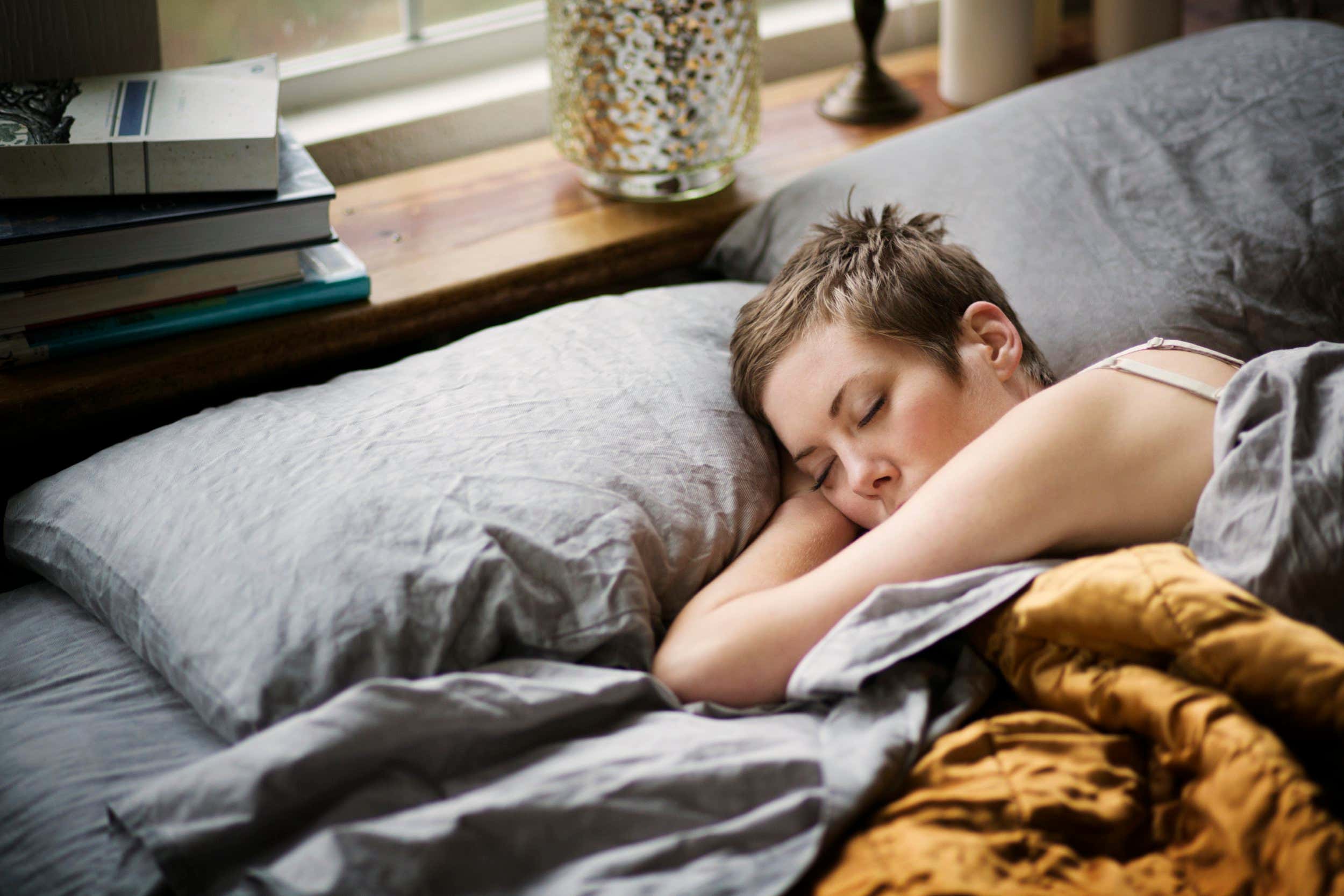Individuals in industrialised societies seem to sleep for longer than people in non-industrialised ones, but their circadian rhythms are more out of sync
By Michael Le Page
26 February 2025
Technology may be wrongly blamed for poor sleep
Cavan Images/Getty Images
Much has been written about how modern lifestyles mean we are no longer getting enough sleep, unlike our ancestors who lived in less technologically advanced times. But an analysis of 54 sleep studies conducted around the world has found that people in small, non-industrialised societies actually get less sleep than those in more industrialised regions.
“Everyone I talk to in Canada and the US talks about how awful their sleep is,” says Leela McKinnon at the University of Toronto Mississauga in Canada. “The numbers aren’t showing that.”
Read more
What nine sleep researchers do to get their best night's rest
Advertisement
It is often assumed that the rise of gadgets like big-screen TVs and smartphones mean that people today are sleeping less than in the recent past – the so-called sleep-loss epidemic.
But many studies that report a decrease in sleep in the past few decades are based on asking people how long they sleep, which is an unreliable measure. Even using this method, the results are mixed, with many studies finding no change or even an increase in sleep duration.
Research based on more reliable measures, such as physical activity monitors or using electrodes to monitor brainwaves, hasn’t found a decrease over recent decades. For instance, a 2016 review of 168 studies found no decline in sleep duration over the past 50 years.
